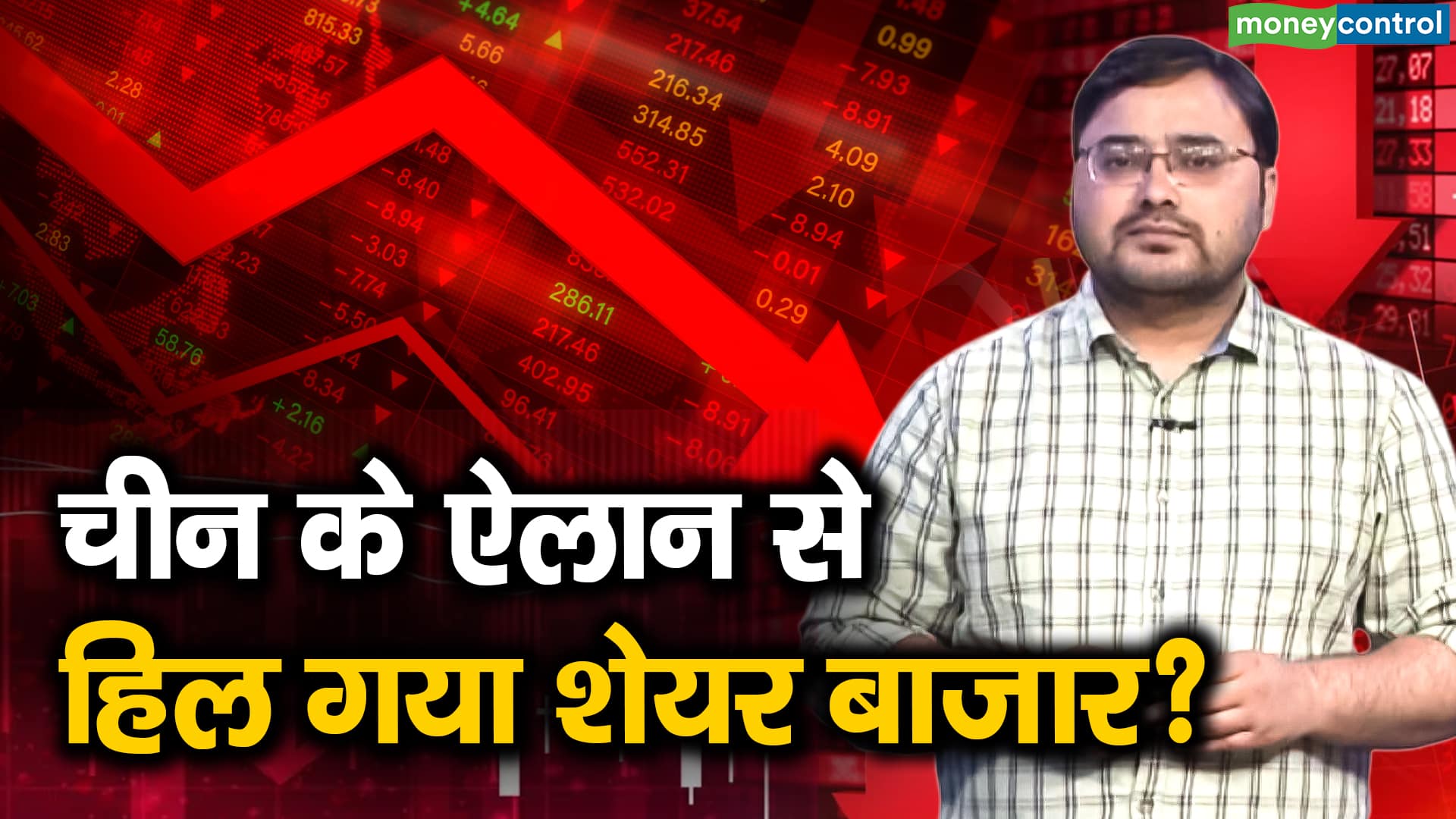Introduction
The Indian stock market experienced a significant downturn on September 30th, 2024, with the Sensex plummeting by 1,272 points to settle at 84,300. This unprecedented fall translated to a staggering loss of approximately Rs 3.5 lakh crore for investors in just one day. The decline was largely influenced by external factors, particularly developments in China. In this article, we will explore the reasons behind this market crash and what industry experts have to say about the current scenario.
Reasons Behind the Market Crash
1. Global Economic Concerns
One of the primary drivers of the market’s plunge was the rising concern over the global economic recovery. With inflation remaining high in various countries and central banks tightening monetary policies, investor sentiment turned bearish.
2. Decline in Chinese Markets
The Chinese stock market faced significant pressures, particularly due to weaker-than-expected economic data and heightened regulatory scrutiny. As China is a key player in the global economy, its downturn triggered a ripple effect across markets, including India.
3. Falling Investor Confidence
Amidst uncertainties in both domestic and global economies, investors have started reassessing their portfolios. This has resulted in large sell-offs, contributing to the sharp fall in stock prices. The fear of further losses has been leading retail and institutional investors to withdraw from the markets.
4. Geopolitical Tensions
Ongoing geopolitical tensions also played a crucial role in the market’s dramatic decline. Investors are wary of political instability in various regions, which could undermine market stability and economic growth. As news of potential conflicts arises, market volatility increases.
5. Correction Phase
After a prolonged bullish run, analysts believe the market was due for a correction. The sudden drop serves as a reality check, reminding investors of the inherent risks of stock investments. This correction is viewed by some as a necessary adjustment to align valuations with actual economic conditions.
Expert Opinions
Market analysts and financial experts have weighed in on the current situation. Many suggest that while the fall is concerning, it could provide a buying opportunity for long-term investors. They emphasize the importance of staying informed and adopting a strategic approach when navigating these turbulent times.
Conclusion
The stock market’s crash on September 30th has left investors rattled, but understanding the underlying factors helps in mitigating fears. As economic conditions evolve, investors are encouraged to remain vigilant and consider diversifying their investments. Navigating these challenges will require not only market knowledge but also sound financial judgment.












